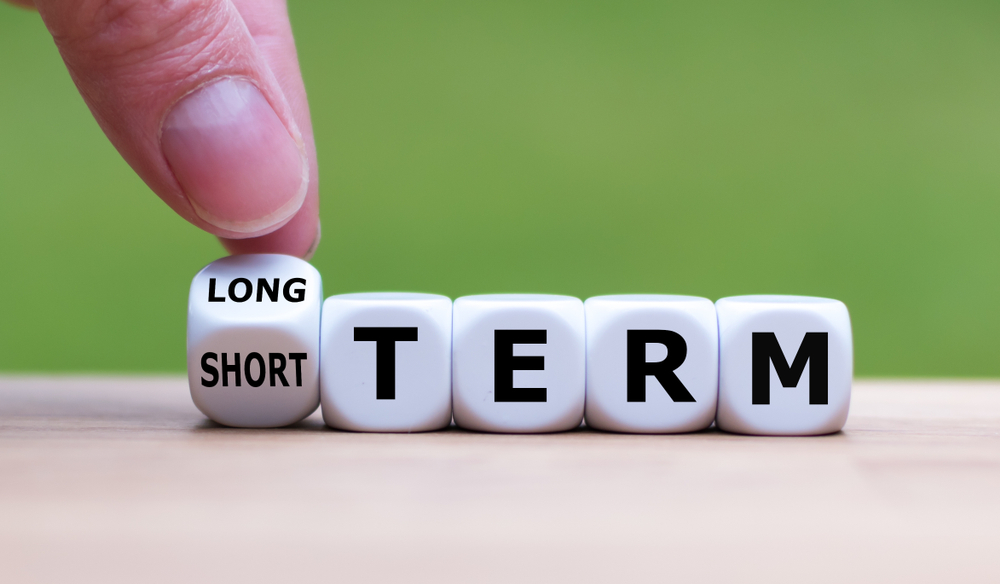
What are the long term benefits to taking testosterone?
Long-Term Benefits of Testosterone
Testosterone is primarily a male hormone produced in the testicles. The hormone is responsible for male growth and the development of masculine characteristics. Testosterone hormone naturally increases 30 times more in early adulthood and adolescence. However, the level gradually drops 1-3% per year after the age of 30.
Some men naturally have low testosterone levels for their age and present with symptoms such as increased body fat, decreased muscle mass, and erectile dysfunction. Also known as hypogonadism, such males require testosterone replacement therapy. Below are the long-term benefits of testosterone therapy.
-
More Muscle, Strong Bones, and Less Fat
Testosterone is the key hormone that promotes the growth of masculine muscle mass. Having a lean body mass increases energy and controls body weight. Studies show that testosterone treatment for men with significantly low levels can increase muscle size and strength and decrease fat. Strength benefits are better realized if testosterone therapy is combined with intensive exercise.
That aside, testosterone plays a major role in regulating bone density. Strong bones are essential as they support internal organs and muscle mass. However, overall health and bone density reduce with advancing age and decreasing testosterone levels. This can lead to weak bones and osteoporosis.
Fortunately, testosterone therapy is a remedy for declining bone density. Several clinical trials are done to evaluate how testosterone affects bone density concluded that doses of testosterone increase hip and spinal bone densities. Similarly, transgender females on testosterone therapy also benefit from the increased density of bone minerals.
-
Better Heart and Blood Health
Blood circulation ensures that all body organs and muscles have enough oxygen supply for optimal performance. However, blood circulation is impaired by an unhealthy heart. Sufficient testosterone levels stimulate the production of red blood cells in the bone marrow, while low levels can predispose one to several cardiovascular risks.
While testosterone helps promote heart health, studies done to determine if testosterone therapy can improve existing health conditions remain inconclusive. Some studies found that patients with heart conditions who underwent testosterone replacement therapy reported slight improvements, such as the ability to walk longer. However, other studies found that the therapy only increased artery width but didn’t alleviate angina.
-
Improved Mood
Low testosterone naturally leads to poor quality of life. Those with low testosterone levels occasionally show symptoms of fatigue, irritability, and depression. This is unlike men with normal testosterone levels. However, testosterone therapy has proved beneficial in relieving these symptoms. Men with low testosterone levels on therapy report better well-being, improved mood, and reduced irritability.
-
Better Libido
Being a male hormone, testosterone levels increase automatically during sexual activity. Men with normal levels enjoy full benefits, including good sexual activities. However, this declines as testosterone levels decrease. This is why older men experience erectile dysfunction and low libidos.
While erectile dysfunction may be caused by a host of other unrelated medical conditions, low libido results from declining testosterone levels. Research studies have shown that replacement therapy can improve sexual health and performance for men. However, maximum testosterone levels should be reached for such a response to occur.
For more information on testosterone therapy and whether or not it is right for you, please contact the hormone therapy specialists at Vitality Aesthetic & Regenerative Medicine today!

